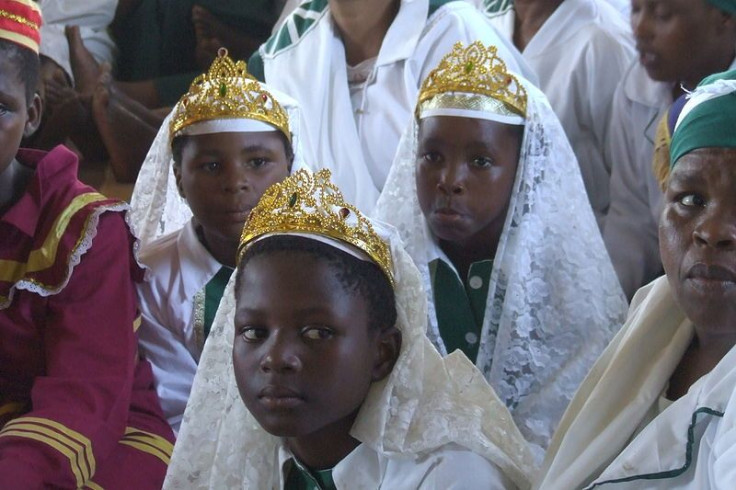Circumcision Rituals Took The Lives Of 22 South African Boys

A coming-of-age ceremony involving ritual circumcision resulted in the death of over 20 boys in South Africa last week, Reuters reported.
Minister in the Presidency Collins Chabane issued a statement calling the recent string of deaths "regrettable." Chabane went on to say, "This has happened to young people who were still at their prime, looking forward to a brighter future where they could still reach their potential."
Certain South African ethnic groups regard circumcision as the final step a boy has to complete before he can consider himself a man. Failing to remove the foreskin of the penis will deter the child from being fully acceped by the culture.
Colonel Leonard Hlathi, a representative for the Northern Mpumalanga province's police department, said 22 new murder cases have been opened as a result of botched circumcisions.
All across the world, circumcisions are performed during religious or cultural ceremonies to mark a child's rite of passage into manhood. Health benefits include hygiene, decreased risk of future infection, and reduced risk of sexually transmitted diseases.
Problems from the surgical procedure itself stem from excessive bleeding and infection when the area is not properly sterilized. The foreskin may also not heal properly or could be cut too short or long, requiring a follow-up surgical repair.
Brothers For Life is a South African organization devoted to educating men under 30 about the risks of an unhealthy sexual lifestyle. The national campaign, started back in 2009, advocates medical male circumcision as one of the best ways to prevent HIV transmission.



























